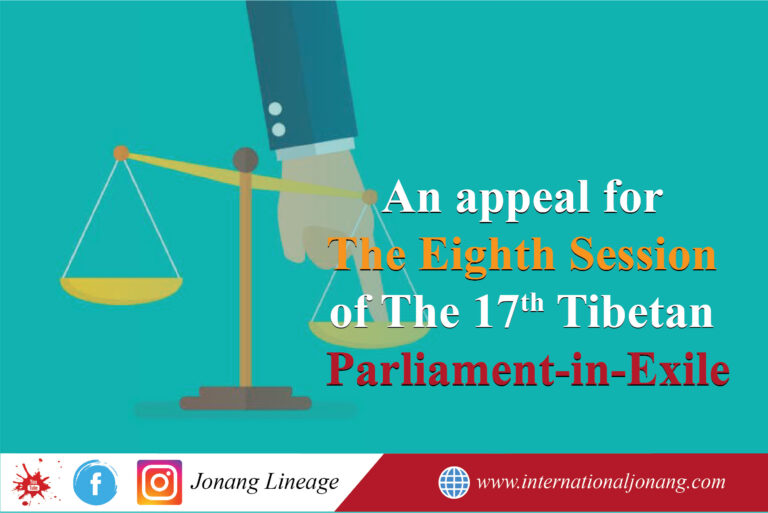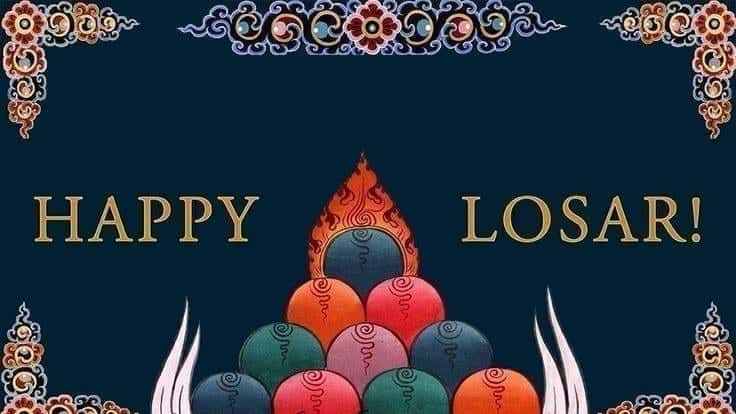Mountain Doctrine
Twentieth This seems to contradict Nagarjuna’s statement that all phenomena are dependent-arisings, but Döl-bo-ba explains that it does not, first by showing that the ultimate is necessarily not impermanent and deceptive and then by indicating that Nāgārjuna’s reference is to all conventional phenomena, the noumenon. The mutuality of dependent-arising and emptiness has to be to self-emptiness, not other-emptiness. The ultimate is other than lowly conventionalities, their otherness eliminating the possibility that the two truths are un-differentiable. Rather, an ultimate truth is not a conventional truth, and a conventional truth is not an ultimate truth. The two truths are different and are also not the same entity. Hence, the two truths are neither one nor one entity. They are different, though not different entities, since that they are different merely means that they are not the same entity. Furthermore, though the two truths are different, their difference is not that conventionalities are appearances and their emptinesses are ultimate truths, since the ultimate also appears to pristine wisdom and since conventionalities are self-emptinesses. Since the ultimate, although without the phenomena of cyclic existence, is replete with beneficial qualities, it is not a mere absence. In the Ocean of Definitive Meaning, Döl-bo-ba identifies the ultimate nine times as an affirming negative, something that indicates a positive in place of the negation; for instance: Similarly, those who assert that in the mode of subsistence, except for exclusions and non-affirming negatives, there are not at all any inclusions, positives, and affirming negatives are extremely mistaken because I have repeatedly explained and will explain that: Natural exclusion, negation, and abandonment are complete in the mode of subsistence, since all flaws are naturally non-existent and non-established in the mode of subsistence. Natural realizations of the inclusionary, the positive, and affirming negatives are primordially complete [in the mode of subsistence], since all nominal qualities are naturally complete in their basis. and because the master, the great scholar Jinaputra’s commentary on the Praise of the Three Jewels by the master Mātṛcheța also says: Therefore, the negative term “does nor

